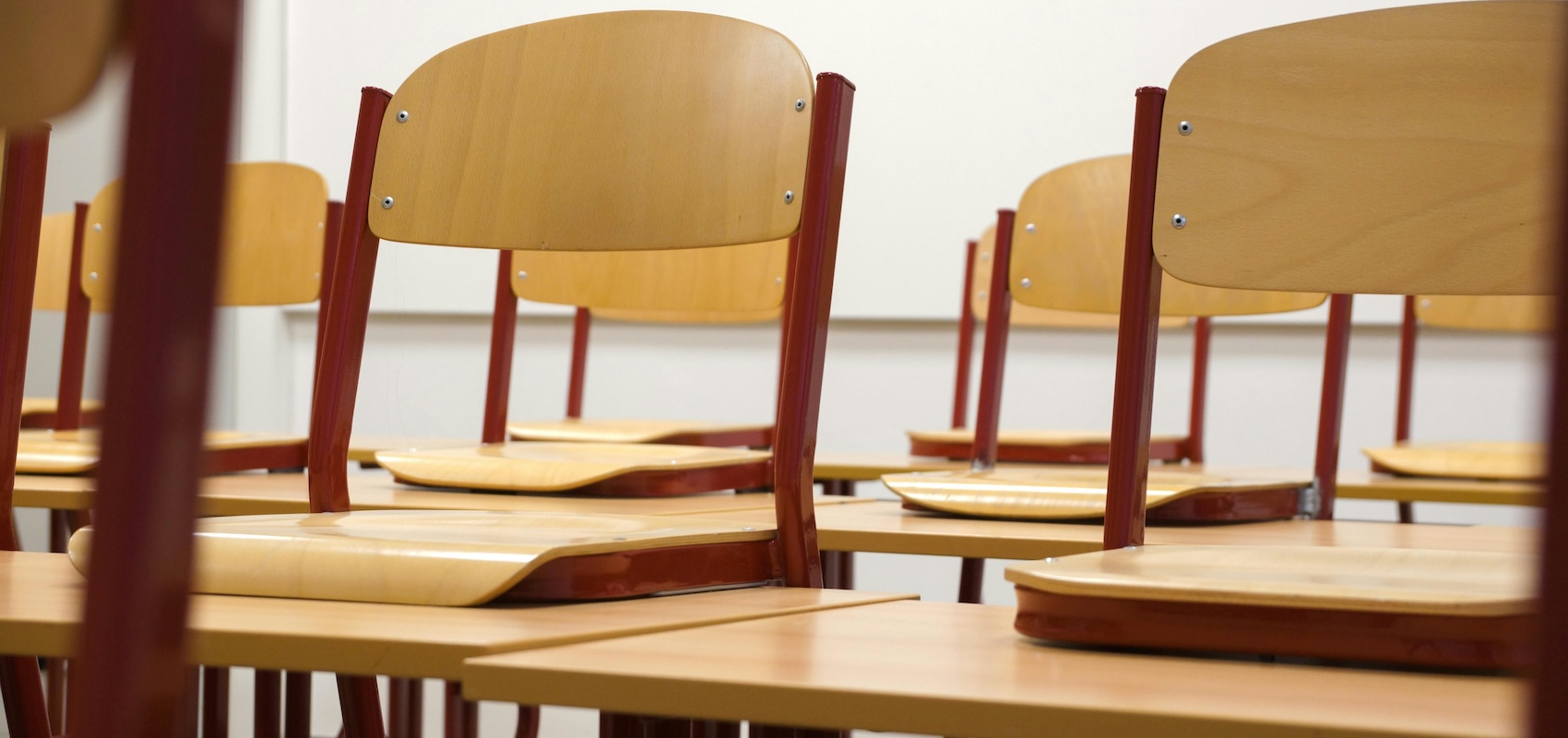
My daughter’s life has been marked by challenges that few her age can begin to fathom. Before we welcomed her into our family, she was an infant in Ukraine without the care and stability every child deserves. Now, at twelve years old, she navigates life as a child with Down syndrome, facing daily hurdles.
Unfortunately, our school board has created yet another obstacle for her. Maryland’s Montgomery County Board of Education is denying my husband and me the ability to exempt our daughter from storybooks and instructional materials that promote a narrow and ideologically driven view of gender and sexuality. The school even refuses to inform us when these books are introduced or discussed, leaving us in the dark. Tomorrow, we will take our fight—Mahmoud v. Taylor—to the Supreme Court, asking for the restoration of our fundamental right to guide our child’s education in alignment with our faith.
In the fall of 2022, our local school board introduced a new set of “inclusivity” books for pre-K through fifth-grade students. But instead of teaching universal lessons about kindness and respect, these books push polarizing views on gender and sexuality while placing an unusual emphasis on children’s romantic emotions. One book encourages children as young as three to identify images like the “intersex flag,” a “drag queen,” “leather,” and a controversial LGBTQ activist. Another book addresses gender transitioning, telling young readers that the decision to transition doesn’t need to “make sense.”
My husband and I were deeply concerned. Maryland, like forty-seven other states, mandates parental notification for “Family Life and Human Sexuality” classes and allows parents to opt their children out of these lessons. Not so for other instructional materials such as these storybooks, which not only contradict our Catholic values but also risk leaving our daughter feeling confused and overwhelmed.
Because of her learning challenges, she struggles to grasp why her parents and teachers might disagree, causing conflict at home. I used to remind her, while helping her on the bus each morning, to respect her teachers and follow their instructions. Now, it would be impossible for me to offer that daily guidance, as their viewpoints fundamentally contradict what we are teaching at home.
The joy our daughter brings far outweighs any challenges, but the board’s policy has created an unexpected strain on our family. Since the school refuses to inform us when these books are introduced, we’ve had no choice but to spend tens of thousands of dollars to remove our daughter from school and undertake homeschooling. While we cannot sacrifice our faith, we are also stretched thin to fully provide the specialized support her learning needs require. It feels as though our own public schools are demanding more than just our tax dollars for an education: They are demanding a price that includes our daughter’s well-being and our religious freedom. We firmly believe the law does not force families to face such a heartbreaking ultimatum.
That is why I joined Kids First, the organization challenging the school board’s policies in federal court. It includes hundreds of Muslim, Jewish, and Christian parents, and is dedicated to ensuring that all parents in Montgomery County public schools have the right to be informed and to opt their children out of instruction on gender and sexuality that contradicts their faith. Every child deserves to experience the innocence of childhood, with their parents playing a central role in guiding them through such complex and sensitive subjects introduced in the classroom.
The federal judge who first heard our case sided with the school board, deciding that being notified about books discussing gender and sexuality is “not a fundamental right.” But what felt even more personal was her dismissal of our challenges, claiming we “do not face any coercion to violate [our] sacred duty to raise [our] child in [our] faith.” This statement disregards the heart of our responsibility as parents, which is to protect our daughter from teachings that contradict and jeopardize our deeply held religious values and practices.
A child’s innocence, once lost, is gone forever. I hope and pray that the Supreme Court will let kids be kids, and let parents guide their religious future.
The Church’s Answer to the World (ft. Carter Griffin)
In the latest installment of the ongoing interview series with contributing editor Mark Bauerlein, Fr. Carter Griffin…
Finding Private Roy
By the late 1970s, when I attended public high school in rural, blue-collar Central New York, more…
Protestants Against the Pill
Ben Jefferies is an Anglican priest who says he knows that one of his parishioners throws away…
